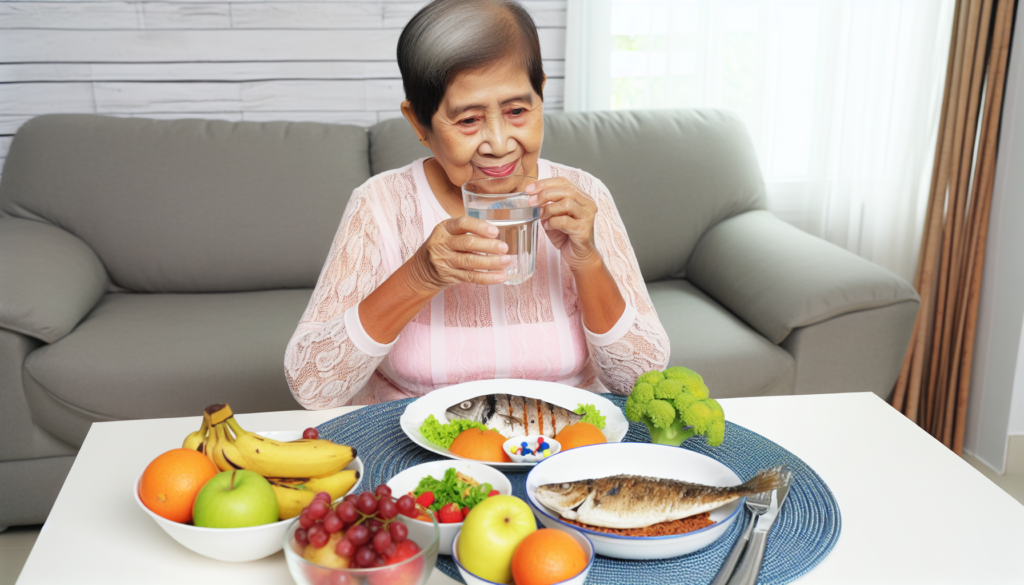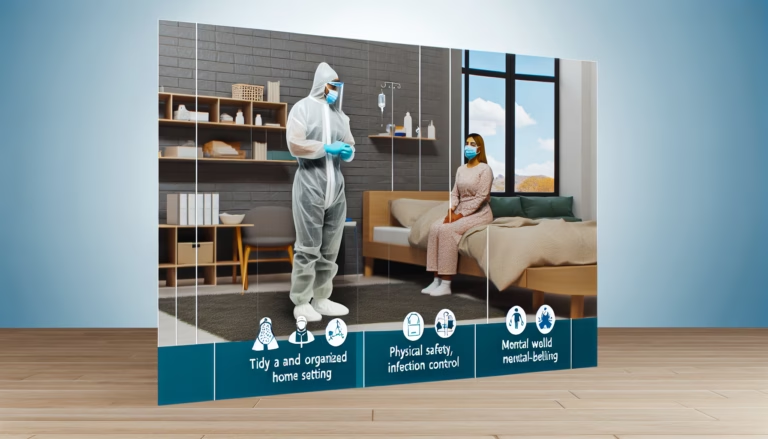Optimizing Nutrition for Home Health Care
Proper nutrition plays a crucial role in our overall health and wellness, especially for individuals receiving home healthcare. Understanding how to properly balance your diet can significantly improve energy levels, boost the immune system, and aid in recovery for those dealing with chronic illnesses.
Understanding Nutritional Needs
Each person’s nutritional needs may vary, depending on their age, sex, activity level, and underlying health conditions. For instance, individuals with heart disease may need to limit their intake of sodium and saturated fats, while those with kidney disease may need to watch their protein intake. When planning your meals, it’s essential to keep these specifics in perspective.
Creating a Balanced Diet
A balanced diet is made up of a variety of foods in the right proportions. This generally includes plenty of fruits and vegetables, lean proteins from both animal and plant sources, complex carbohydrates, and healthy fats, such as those found in olive oil and fish. Assuring a variety of sources allows for a more comprehensive nutrient profile in your diet.
Nutrient-Dense vs. Calorie-Dense
There’s a big difference between nutrient-dense and calorie-dense foods. Nutrient-dense foods, like fruits, vegetables, lean proteins, and whole grains, are high in nutrients relative to their calorie content. On the other hand, calorie-dense foods, like fast food and packaged snacks, can be high in calories but offer little nutritional value. For individuals looking to improve overall health, focusing on nutrient-dense choices is key.
Staying Hydrated
Hydration is just as vital as nutrition, especially for individuals receiving home health care. Dehydration can lead to headaches, fatigue, and other health issues. It’s recommended to drink at least eight 8-ounce glasses of water per day, although your healthcare provider may suggest more or less depending on specific circumstances.
Seeking Professional Guidance
If you’re unsure about how to manage your dietary needs, it can be beneficial to seek guidance from a registered dietitian or nutritionist. They can provide personalized advice based on your health history, current health status, and lifestyle factors.
To recap, proper nutrition is a cornerstone of optimal health, especially for those individuals receiving home health care. By understanding your nutritional needs, creating a balanced diet, choosing nutrient-dense foods, and staying hydrated, you can significantly improve your overall health and wellbeing. And remember, when in doubt, consult your health care provider or a nutritional expert for guidance.
Note: The information provided in this post should not replace the advice of a medical professional. Always consult with your healthcare provider for personalized advice.



